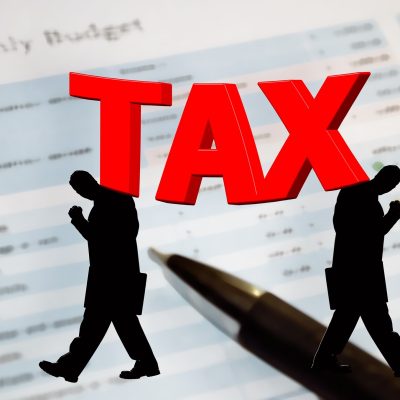Get ready for Uber and coffee surprises

Do you sometimes wonder why your money seems to disappear so fast? Most people look to the big- ticket items when trying to reduce their expenses. But they miss out on “the devil in the details” and in the small things.
Here are 12 small ways you are wasting money daily without realizing it.
1. Shopping without a list

Walking into a store without a list of what you need means you are likely to buy a lot more than you actually need. Costco, Dollar Store, Walmart and such big stores would love you for not having a list.
Take a quick inventory of your home before you head out. If not you will end up with an eye-popping bill.
2. Taking Uber

This is another small item that drills a big hole in the wallets of many people, especially younger folks. They take Uber out of convenience or show.
With Uber now far higher priced than when they started, taking Uber frequently rather than public transport is not a smart ride.
3. Paid Parking
If you drive to your destination, you have to find a parking spot, but it’s not always free — especially in cities.
Consider taking the bus or train sometimes to certain locations. Or drive a few blocks outside the venue for street parking or ask for validation. You would be surprised how much you can save.
4. Not reviewing transactions

You like to believe simply swiping your card for a purchase or return will get the right amount of money in or out of your account, but it’s not always that easy.
Learn to review your bank or credit card statements monthly, so you can catch any inaccuracies or merchants who mistakenly double charge.
You should also briefly review your receipt after every in-store purchase also.
5. Last-minute syndrome

If you tend to leave items on your to-do list until the last minute, this habit can force you to spend extra cash.
Whether it’s booking plane tickets or shopping for Christmas, or ordering an event ticket, doing it ahead of time saves you money.
Lower early bird rates do not apply to last-minute buyers.
6. ATM Fees
It’s always frustrating to be charged a fee to access your own money, but this typically happens when you use an out-of-network ATM.
It’s not uncommon for some ATMs to charge $3 for every use. If you take money out of an ATM three days per week, that adds up to around $500 per year. Always keep $10-$20 in cash in your wallet, just in case your bank ATM is not nearby
7. Unwanted Subscriptions
It’s easy to sign up for a service such as, online newspaper, app, music streaming platform — only to forget — or not realize — it’s an auto-renewal subscription.
Many people are paying for subscriptions they are not using anymore. Set a reminder on your phone to alert you when a subscription is due.
8. Expensive phone plan or too much Data

If you’re like most people, you spend a lot of time on your smartphone, so you need to be connected.
While having data is beneficial on the road and if you’re in the middle of nowhere, most places have Wi-Fi.
So you don’t need to get an expensive phone plan.
Spending $80 a month on a big plan rather than $40 or $50 will save you almost $1000 on a two-year plan.
9. Buying take-out foods

When you are in a hurry, tired or just don’t feel like cooking, buying pre-prepped food from the grocery store can or ordering a take-out seems like a good idea.
This habit can easily become an expensive one. Pack your lunch as much as possible and ordering food should be a treat, not a routine.
$30 a day, three days a week would set you back a whopping $4,320 a year. Eating out is the No.1 money waster of most young people and immigrants.
10. Buying cheap items that need to be replaced often
On the surface, buying the most inexpensive item on the shelf seems like a great way to save money, but it’s not.
If you buy the $17 toaster, but it breaks in six months, instead of the $60 toaster that lasts 10 years, you are throwing money in the trash. Do your research and buy quality over cheap. This strategy will likely cost you more upfront, but you’ll save big in the long-term by purchasing items made to last.
11. Starbucks Coffee and others

Your favorite daily Starbucks or Tim Hortons on your way to work could be taking a hefty toll on your finances without you knowing it.
Let’s say you are spending $4.50 per day, at a minimum Monday-Friday x 52 weeks = $1,170 wasted!
12. Buying the latest fashion or Nike shoes (instead of waiting for Sale)
References:








